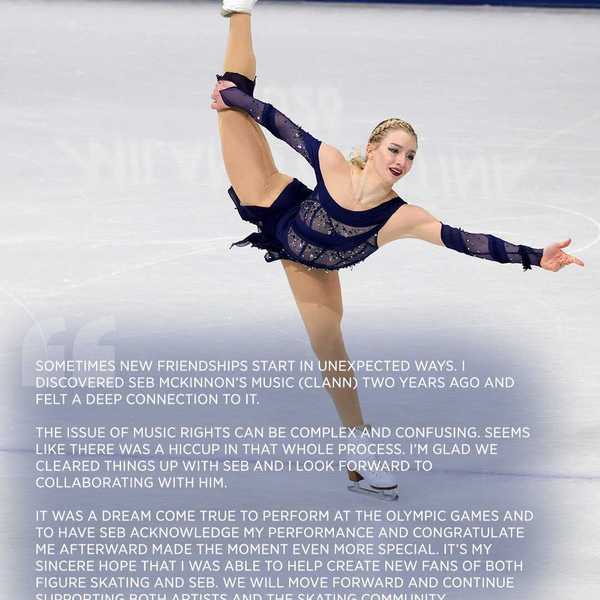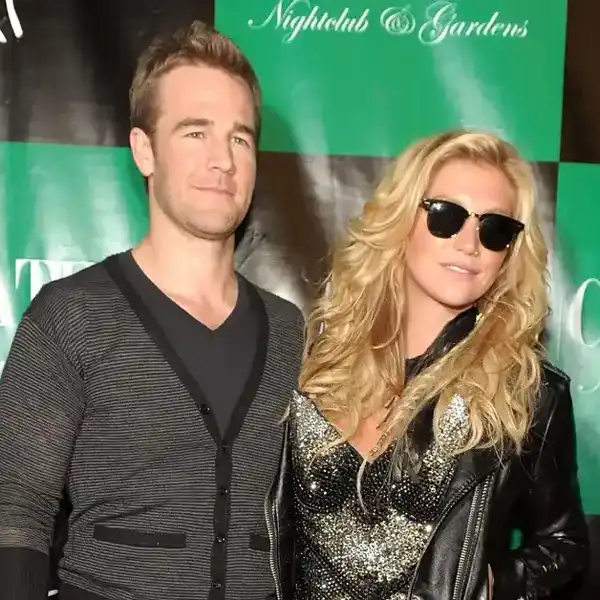Running The Numbers on the 2024 Junos and Ratings for Canadian Award Shows (Guest Column)
The ratings aren't what they used to be for Canada's biggest music awards, but there is a broader story behind the figures.

Nelly Furtado on the Juno Nominations Red Carpet, Feb. 6, 2024 in Toronto
The ratings for the 2024 Juno Awards seem to have some folks wondering about the ongoing influence of Canada's biggest award show.
The March 24 Canadian music industry showcase drew a reported 678,000 overnight and same day encore (in western provinces) viewers of all ages. That number alone alarmed some, but even worse were reports that, or that total, only an estimated 17,000 were in the demo that actually buys music – 18 to 25-year-olds.
Was the industry gala on the wrong network? Was it a bad year in music? Or are television viewers, especially post-Covid, just burnt out on award shows?
Here is the reality: if you are still looking for a million plus viewers on broadcast TV for a Canadian awards show, you’re going to need to build a time machine.
In the streaming era, with the broadcast network slice of the pie ever-thinning, half a million viewers is a big number.
According to CBC Research, overnight viewership for the two-hour Junos was actually up 36 per cent over the year previous. All those promo spots showing Furtado partying her way out of an elevator actually did pay off.
The 2024 Junos was not only CBC’s most-watched show on the night, it drew a far larger audience than Big Brother Canada on Global. It trounced a simulcast of once-mighty American Idol the same night on Citytv. The first hour trailed CTV’s simulcast of hot rookie Tracker (890,000), but The Junos beat just about everything else in Canada among viewers ages two and up on the night.
If you drill down a little deeper, into the demo weeds, well, that’s when things get ugly. The number of Canadians ages 18 to 34 – people who buy music, essentially – was low. Basically, the number of Canadians in their teens who watched the Junos was also, report-wise, in the teens.
Perhaps that has something to do with the network. CBC can run all the promo spots it wants. Eighteen-to-35-year olds are not watching Dragon’s Den or Murdoch Mysteries.
CBC, however, would argue that they are still delivering the Junos to younger viewers where they now live – on digital platforms.
CBC Research says the 2024 Junos were streamed more than 170,000 times in Canada and around the world on CBC’s digital and streaming platforms – more than double the take from 2023. On CBC Radio One and CBC Music, an additional 471,000 listeners were counted.
The digital take aside, are the Junos on the wrong network? Even if CTV, Global and Citytv do have younger demo averages, they’re not that much younger. And the fact is, more Canadians stream now than watch traditional network broadcasts.
Back when it was far more dominant than today, CTV used to carry and promote the hell out of The Junos. From 2013, when Michael Bublé hosted, to 2017, the last year CTV had rights to the broadcast and Russell Peters and Bryan Adams were hosts, the Junos shed more than half a million viewers. Those numbers went from 2,330,000 viewers to 1,699,000.
By 2019, their second year in a row on CBC, the show had slipped more than another half million to 1,113,000.
Over that same ten year span, The Oscars, Golden Globes, Emmys and Grammys saw similar audience erosion. Then came the pandemic and that’s when award shows really bottomed out.
One could argue that the problem is more about measurement and expectations. Almost four years ago, the Canadian media companies asked Numeris, the sole provider of viewership numbers for television and radio broadcasters in Canada, to stop sharing their weekly Top-30 program rankings. Over those four years, shielded from scrutiny, broadcast viewing levels have sharply declined. Not being able to track that decline has led to unrealistic expectations.
In terms of measurement, it is simply much harder to arrive at a solid, easy to compare number. Live event programming such as award shows and sports championships, are mainly determined by overnight, or same day, viewing data. So much, however, is at play now. A surprising number of viewers watch, say, Big Brother Canada on a digital platform such as StackTV rather than on Global. Advertisers now look at several ratings books, some reporting Live+7 and up to Live+30 data.
The good news is that award show numbers do seem to have bottomed out and are, to a certain extent, bouncing back. In the U.S. The Oscars, for example, went from a low of a little over ten million U.S. viewers two years ago to double that at 20 million this past February.
While The Junos were up substantially year-to-year, there is no good news for the Canadian Screen Awards. In 2013, with Martin Short hosting, the CSA’s drew a respectable 770,000 viewers. Last year, an embarrassing effort from a creative standpoint, viewership sank to 136,000 viewers, down from 146,000 the year before. The next CSA’s are scheduled for the end of May on CBC.
Which brings us to a tough truth about Canadian award shows: for now, at least, TV audiences here would rather watch American award shows. In Canada, CTV saw 3.5 million viewers tune in for their Oscar simulcast, up slightly from the year before. More Canadians, proportionally, watch The Oscars than their American counterparts do. You won’t find the answer to that in any data book.
The views expressed in this column are solely those of the guest author and do not necessarily reflect the opinions or positions of Billboard Canada.
Bill Brioux is a trusted industry source on television industry news and is a senior member of the Television Critics Association of North America. (TCA). He also runs the digital journal brioux.tv, now in its 17th year. He can be heard weekly on “brioux.tv: the podcast”, interviewing everyone from Dick Cavett to Director X.

















